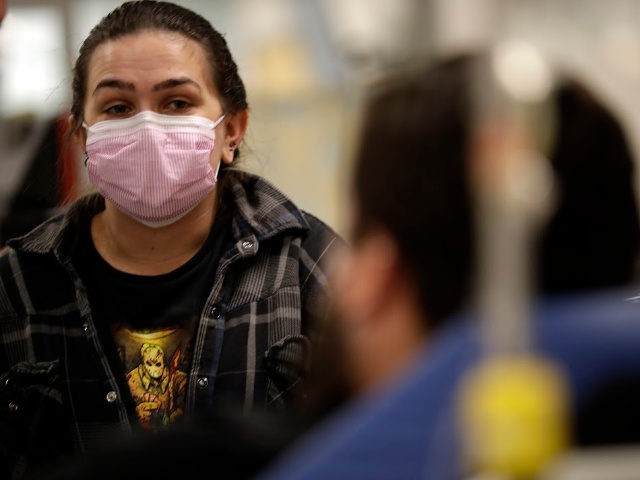About 5,200 people have been quarantined after exposure to mumps and chicken pox in Immigration and Customs Enforcement (ICE) detention centers, according to CNN.
About 4,200 detainees have been quarantined for exposure to mumps, 800 to chicken pox, and 100 to both, CNN reports. The quarantine stretches across many of the 39 immigrant detention centers, where many await their deportation hearings.
“Our detention facilities work with local health departments and make sure they’re complying with state health code and make sure that their local health department is aware of the existence of mumps in the facilities,” an ICE official told CNN.
“I think there is heightened interest in this situation because it’s the mumps, which is a new occurrence in custody,” said Nathalie Asher, ICE executive associate director for enforcement and removal operations. “Preventing the spread of communicable disease in ICE custody is something we have demonstrated success doing.”
She continued:
From an operational perspective, the impact is significant in the short and long term and will result in an increase in cohorted detainees’ length of stay in detention, an inability to effect removal of eligible cohorted detainees, and postponing scheduled consular interviews for quarantined detainees.
While few on the list of the quarantined are actually sick, all have been potentially exposed. ICE policy is to quarantine for 25 days since the last incubation, so those affected have a long wait ahead of them. And while the quarantine inhibits access to immigration lawyers, the legal deportation processes are not delayed.

COMMENTS
Please let us know if you're having issues with commenting.